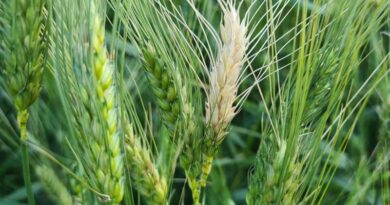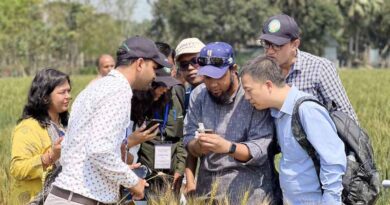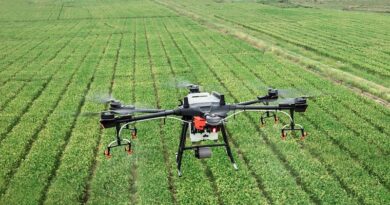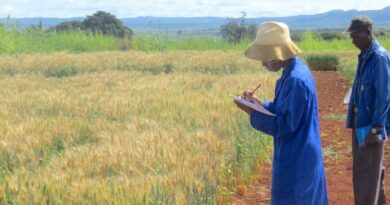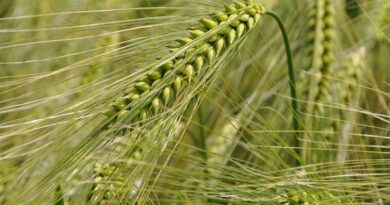Combatting Wheat Blast: West Bengal Farmers Transition to Banana, Lentils, and Maize Cultivation
03 April 2024, New Delhi: In West Bengal, a notable transformation is underway in agricultural practices as farmers increasingly shift from traditional wheat farming to cultivating alternative crops such as bananas, lentils, and maize. This shift is particularly prominent in the Murshidabad and Nadia districts, which are located adjacent to Bangladesh.
The change in crop patterns can be attributed to the emergence of wheat blast, a fungal disease that first appeared in Bangladesh in 2016. In response, the state government implemented a temporary ban on wheat cultivation as a precautionary measure to prevent the spread of the pathogen. This prohibition aimed to “starve” the disease and remained in effect until 2022.
The impact of the wheat cultivation ban has been significant, prompting farmers to explore alternative crops to mitigate potential losses. This adaptation has resulted in the introduction of paddy cultivation in some areas, diversifying the agricultural landscape of the region. Simultaneously, there has been a substantial increase in maize production, as indicated by state government data, with yields rising from 325,000 tonnes in 2011 to 2.9 million tonnes in 2023. This growth underscores a shift towards more resilient and economically viable agricultural practices.
The transition towards alternative crops reflects the resourcefulness and adaptability of West Bengal’s farmers, who are actively seeking innovative solutions to navigate the challenges posed by wheat blast. By embracing crops such as bananas, lentils, and maize, farmers are not only diversifying their income streams but also contributing to the overall agricultural resilience and sustainability of the region.
Also Read: Drumstick Cultivation, an Example From Gujarat, Turning a Poor Farmer Into a Millionaire
(For Latest Agriculture News & Updates, follow Krishak Jagat on Google News)


